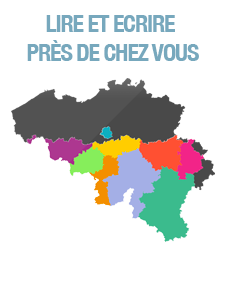See also:
The Scottish representative – who mainly works with female prisoners – confirms that, in her country, it is a priority for each learner to define his/her own learning objectives. She specifies, however, that there is a great diversity of practices throughout the regions and that the terms of reference focusing on the Learning Wheel tool have just been introduced.She also underlines the lack of qualifications of trainers. In England, a new literacy strategy – Skills for Life – was set up in 2002 and develops different references for trainers.However, during the ensuing discussions, participants wondered how to harmonize such an individual approach with the needs of groups with many learners.Discussions also covered the profile of trainers. One notes that, in whichever country, competence profiles are multiple. In most countries, however, staffs permanently follow training sessions (organized at regional or national level). The question of the certificate granting formal recognition to the training profession is also addressed at length, in particular by Lire et Écrire Communauté française (Belgium).
Discussions end with a short round of presentations of experiences and training programmes that seek to break the intergenerational exclusion cycle, particularly via family literacy programmes.



